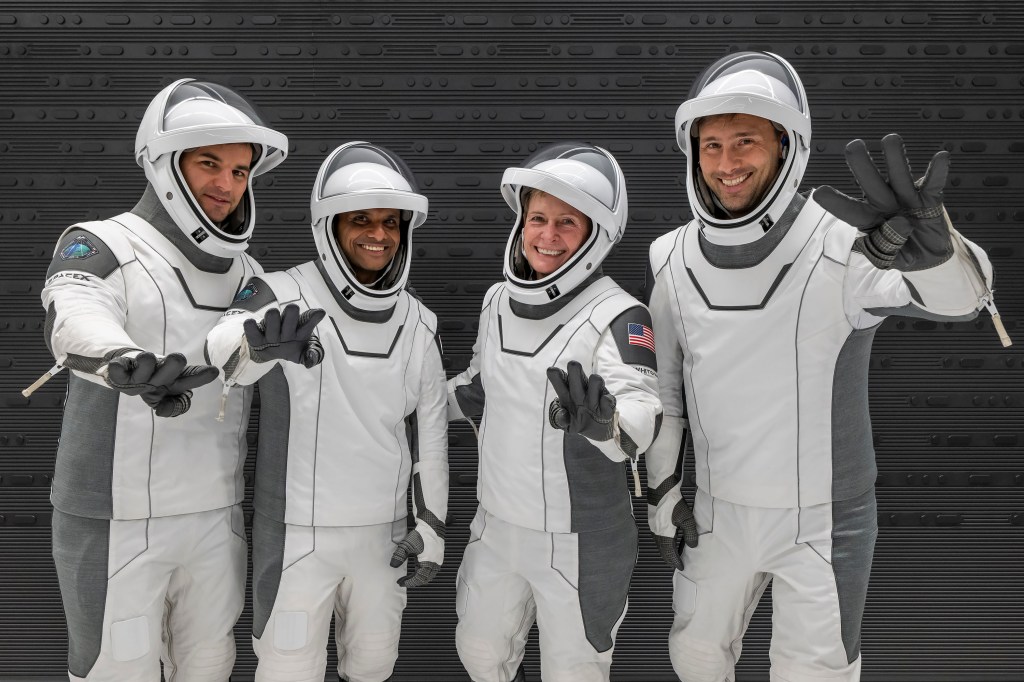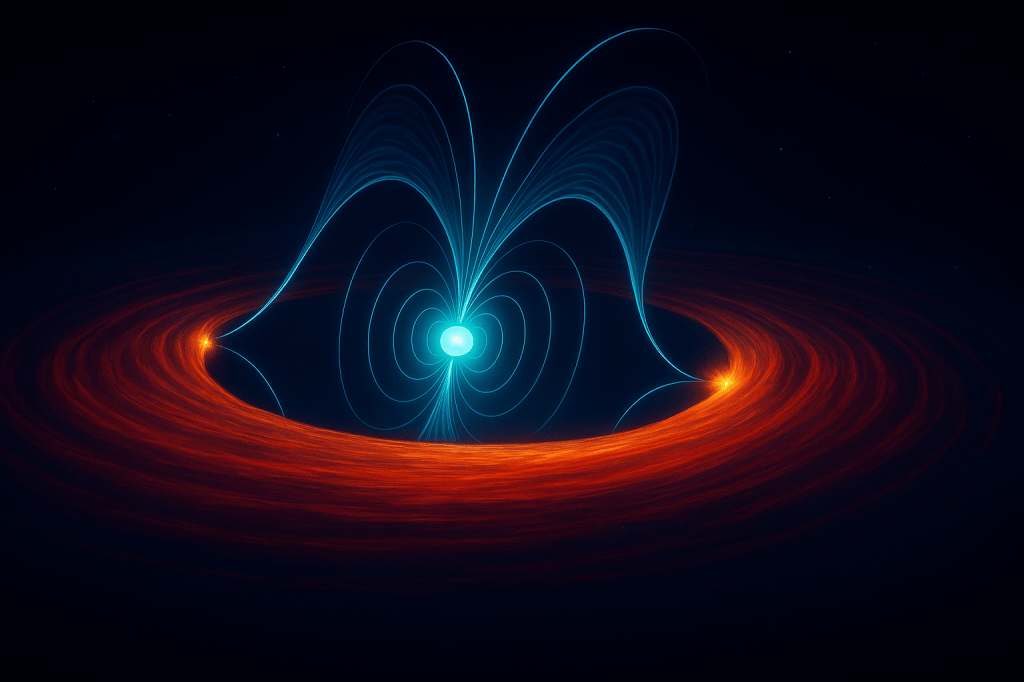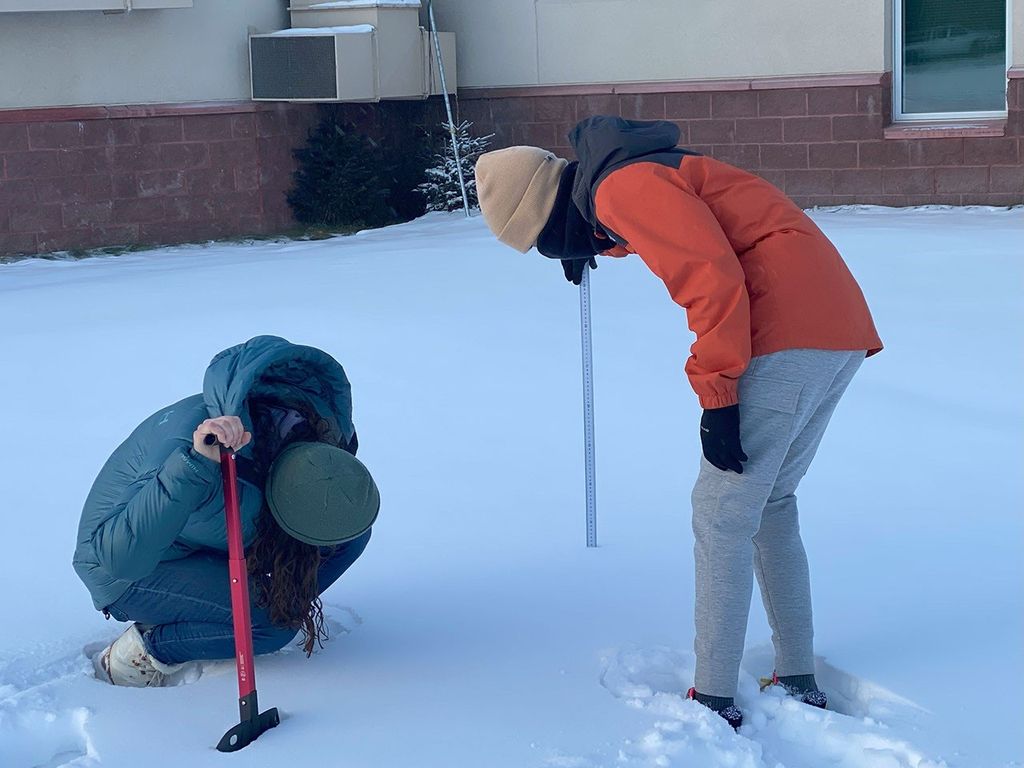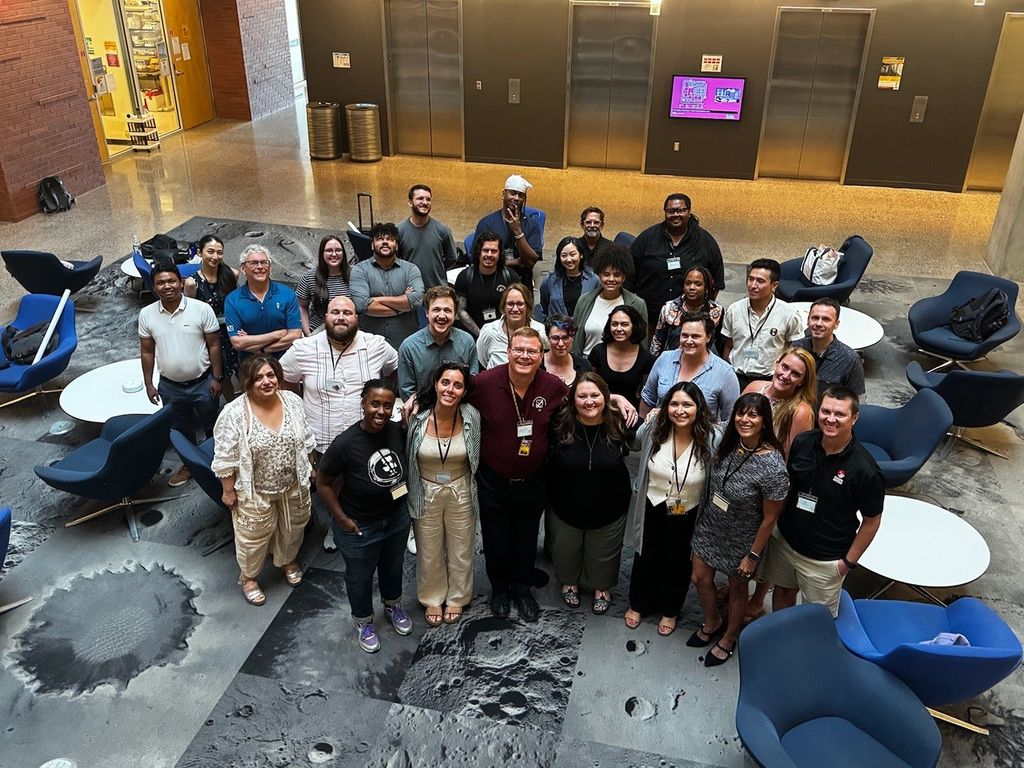Christopher Tessum
University of Illinois, Urbana-Champaign
For many full-physics Earth Science models—including the GEOS-Chem model—there are two main causes of their high computational cost: 1) the models represent phenomena that occur at disparate spatial and temporal scales, which result in stiff differential equations requiring small timesteps for integration; and 2) representing (part of) the Earth System requires a large number of state variables, resulting in a large memory footprint and computational burden for processes that operate on each state variable. The proposed project will leverage advanced machine learning techniques to alleviate these two computational constraints in the GEOS-Chem model. This has the potential to allow improved tradeoffs between accuracy and computational cost in geophysical modeling, resulting both in more accurate “digital twins” of Earth as well as in more computationally tractable simulations for decision-support analysis.

























